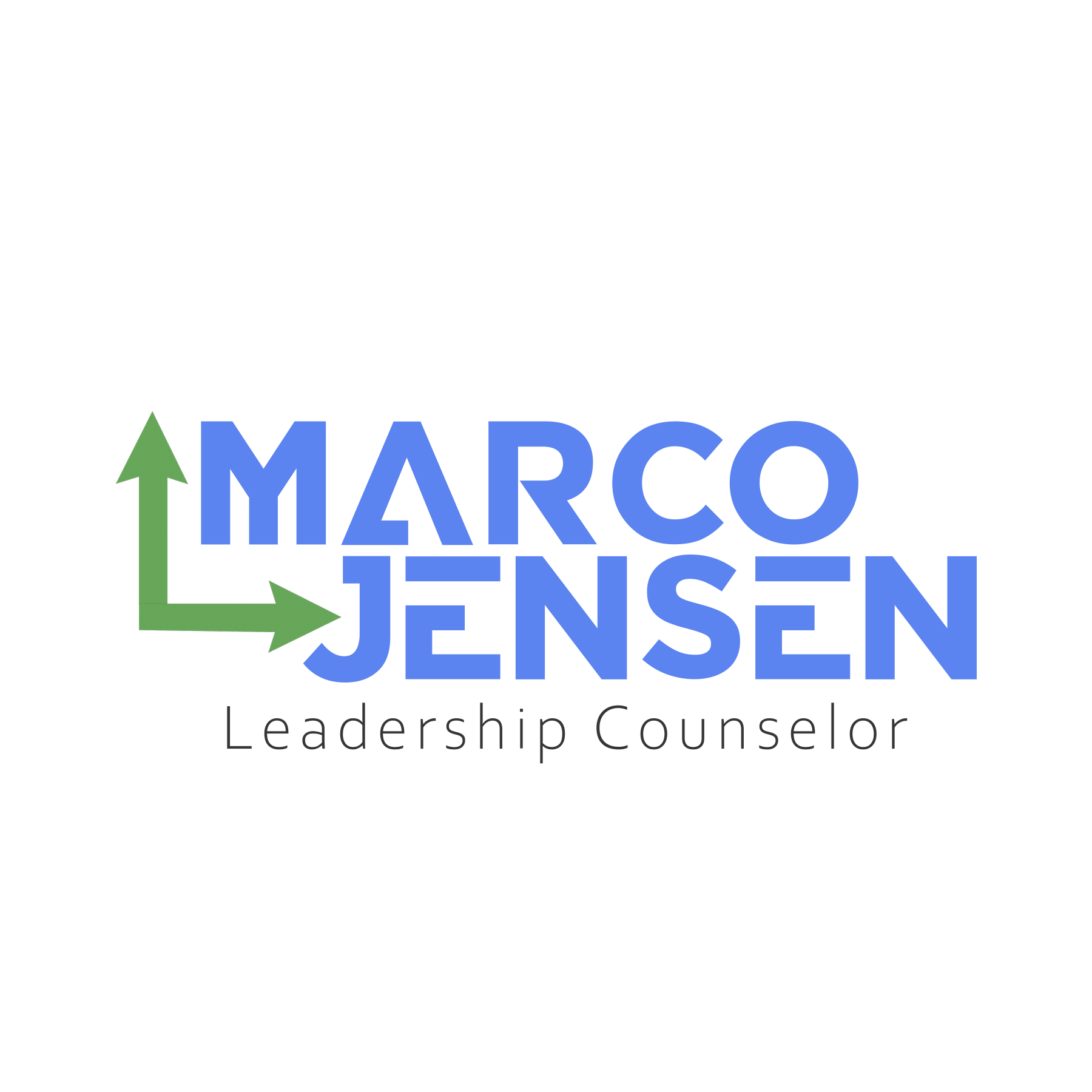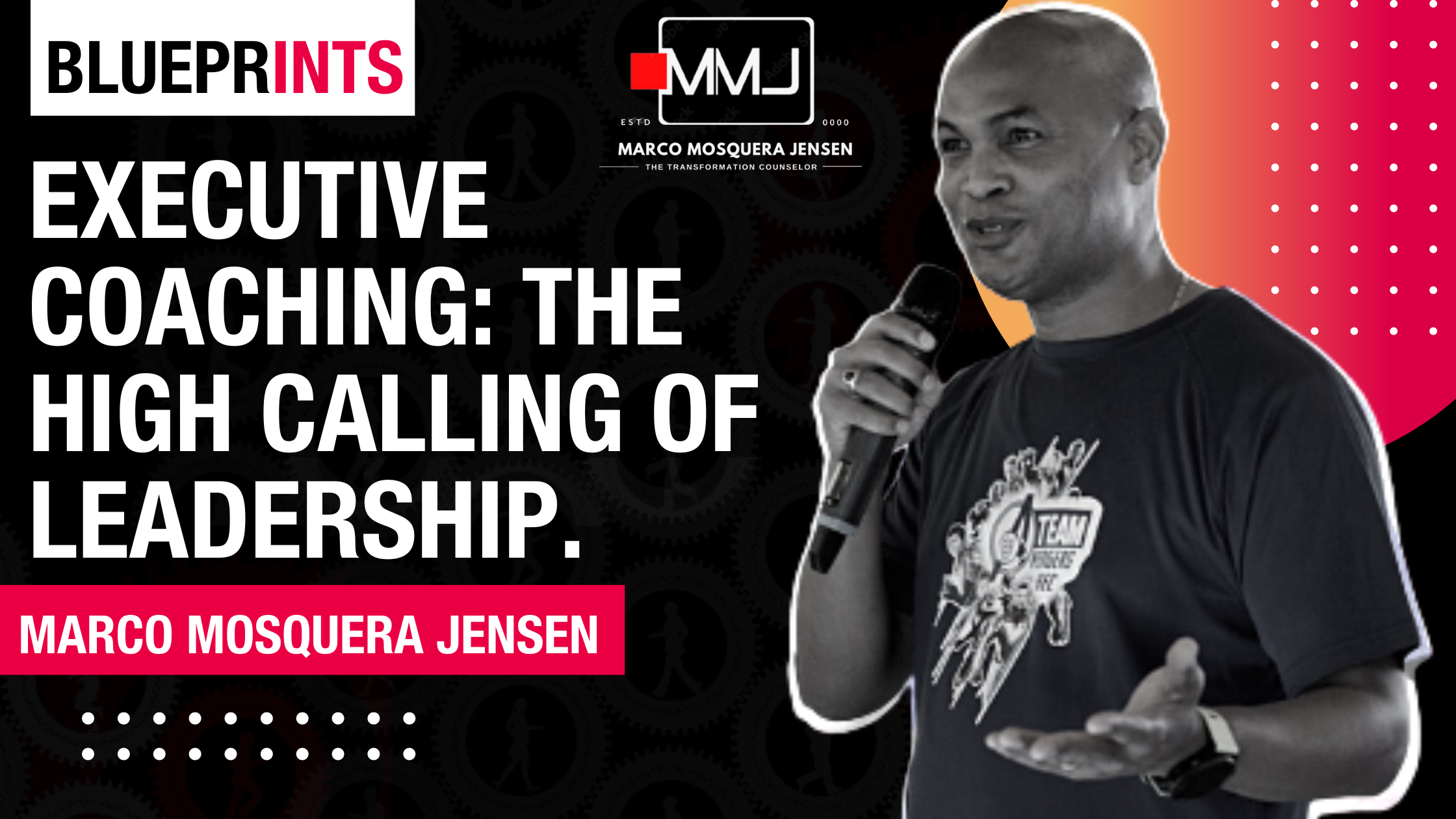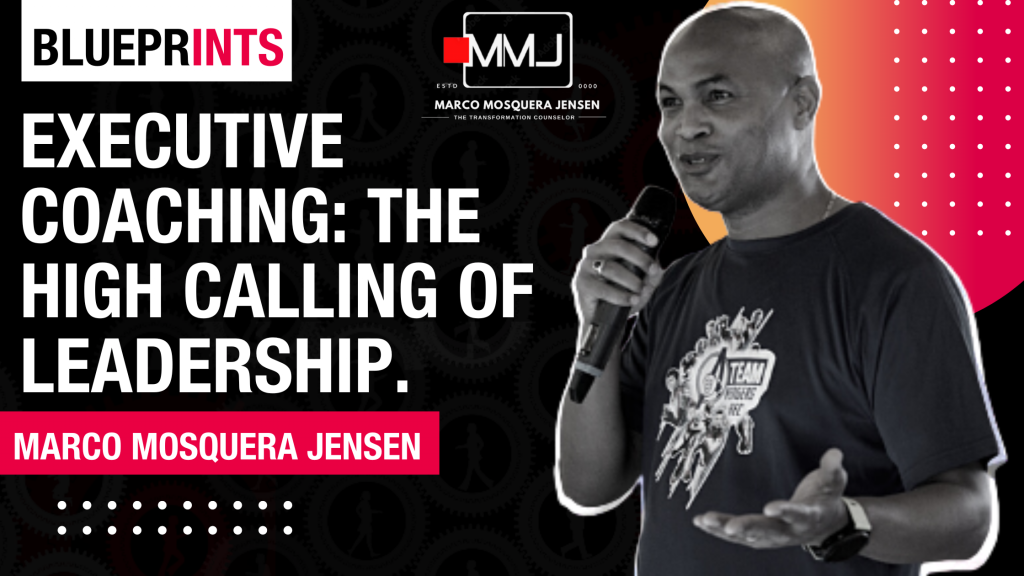Executive Coaching: The High Calling of Leadership
Leadership The Quest for Growth and Change in the Modern World
Leaders in modern organizations are facing a new kind of employee — a more educated, more autonomous person with an expanding set of choices and options. This new person is more focused on individual and team growth and development, looking for ways to learn, change and grow and move toward his/her highest potential. This person is more interested in a collaborative culture and works for leaders who have both insight and empathy: the insight to see what’s holding people back from their potential, and the empathy to support others in making the changes that will help them move ahead. This new person called an executive coach is more interested in a culture that is future-oriented and open to change. And helps in creating the future of the organization and is looking for opportunities to grow, learn and contribute.
“Management is about persuading people to do things they do not want to do, while leadership is about inspiring people to do things they never thought they could.”– Steve Jobs
WHO IS AN EXECUTIVE COACH?:
An executive coach, also known as a business coach, is a professional who helps leaders, executives, managers, and teams to enhance their performance and results. An executive coach does this by working with individuals and groups to help them explore their strengths and identify areas for growth. A coach can help you identify your strengths and abilities, set goals and achieve success, overcome challenges and achieve more, work more effectively with others, build self-confidence and self-awareness, and improve performance and results at work and in your personal life. A coach can help leaders navigate change and transition, build skills, make changes in behaviour, manage stress, and improve productivity.
EXECUTIVE COACHING GOALS AND OBJECTIVES
Executive coaching is goal-driven, yet the goals are often different from those of mentoring or career counseling. In executive coaching, the coach takes into account the person’s unique strengths and weaknesses. The goal is to increase performance, improve decision-making, and expand the client’s capacity to solve problems and create opportunities for the organization. Executive coaching can take place at any point in a person’s career, and it may continue for a long time. A client may meet with an executive coach on a weekly, monthly, or quarterly basis depending on the issues they are addressing and the amount of time that is needed to make progress.
how executive coaching works?
Executive coaching helps executives to realize their full potential by assisting them to create new ways of thinking and behaving. It is a goal-driven, solution-focused process that brings out the best in people. It is not therapy, although it has similarities with the practices of psychotherapy, psychology, and counseling. It’s a collaborative process in which the coach and the coach work together to identify goals and create action plans. A coaching relationship usually lasts for several months and focuses on specific areas of the coach’s work and personal life. Coaches help coaches, and leaders to see existing challenges in new ways and to create new ways of behaving and helps them to explore their own beliefs, feelings, and assumptions and to create new ways of seeing their world and themselves.
NEED OF SOULFULNESS OF LEADERS:
In today’s world, leaders are looking for more than a paycheck. They want to feel that their work is making a positive difference in the world and that their work has meaning. In today’s world, there are five societal needs that people have that are essential for any business to be successful.
These include: –
Sense of Belonging: People want to feel like they’re part of something larger than themselves. This desire for belonging is critical to their sense of self-worth and their ability to stay engaged at work.
Sense of Purpose: People want to know that their work matters and that it’s contributing to something larger than just the company’s success.
Sense of Growth and Development: People want to be able to learn, grow and develop throughout their careers, not just when they first start.
Sense of Recognition: People want to be recognized for the work they’ve done and the contributions they’ve made.
Sense of Fairness: People want to know that there is equity and fairness in the workplace and everyone has equal opportunities to express and contribute.
coaching strategies:
Leadership development programs can be very effective when combined with the right coaching strategy. The best coaching strategies include:
Coaching the individual: Making one-on-one coaching sessions a regular part of the development process, either with the employee’s manager or a specialist coach.
Coaching the team: Using team coaching sessions to focus on specific areas of need and build team engagement and effectiveness.
– Embedding coaching in the organizational culture: Making coaching an expected and regular part of organizational life. As the above calls for a change in the way organizations are managed, leaders need to understand what their role is in bringing about this change and how to make it happen. In the end, it is about inspiring employees to bring their best selves to work and creating an environment where employees feel like they can do their best work.
CONCLUSION:
We believe leadership can’t be done alone; it requires contribution from the leader and the employees with patience and kindness. Maintaining an environment of respect, selflessness, and being committed to the work is essential and in this regard, executive coaching is the best choice to help an organization stand out.
About Marco Mosquera Jensen
Marco Mosquera Jensen is a transformation expert and leadership coach. He has a passion for developing others and seeing people grow into the leaders they were intended to become. After a career of more than 20 years, he continues to reinvent himself and share some of his learnings in different aspects of life, focusing on his passion for developing the next generation of world leaders and creating experiences that transform lives.
Subscribe to our Executive Leadership Newsletter!
By subscribing to our mailing list, you’ll receive leadership development resources and more! You can also listen to our podcasts where we discuss this topic and many more – from executive leadership coaching and professional development tips to ways to create a leadership culture of success within your organization.
Looking for more ways to develop as a leader or develop the leaders in your organization?
At Marcomos Leadership, we believe leadership shouldn’t be a solo mission. Great leaders work among their people, not above their people. On my website you will find excellent resources on powerful leadership, motivational advice, and recommendations of all the aspects that I know and have had the opportunity to learn, techniques to set goals to focus on your productivity, to better define your goals, and create a strategy to achieve them, added to many life tips that I hope will be useful to readers. Don’t forget to SUBSCRIBE to our newsletter to learn more about my views on topics including executive coaching and leadership development programs and assessments tailored to your organization’s needs.


